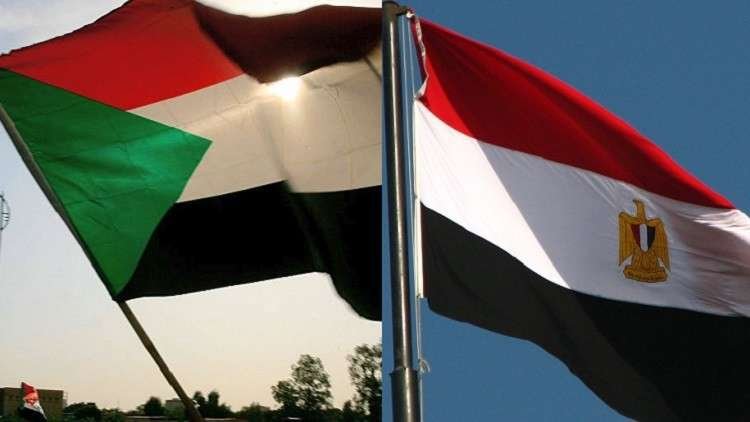Sudanese-Egyptian Relations Discussed at the Sadat Association in Cairo

Cairo – Sudanhorizon
The Sadat Association for Development and Social Welfare, in collaboration with the Swiss Embassy in Cairo, organized a roundtable discussion on Wednesday titled “The Future of Egyptian-Sudanese Relations Amid Current Changes: Opportunities and Challenges.” The event featured addresses by the Chairman of the Association’s Board of Directors and the Swiss Ambassador to Egypt, with contributions from Dr Mustafa El Feki, Dr Mariam Al-Sadiq Al-Mahdi, and Dr Amani El-Tawil. Egyptian journalist Nesma Al-Saeed moderated the discussion.
In his keynote address, Dr. Mustafa El Feki reflected on the history of relations between Egypt and Sudan, noting their ups and downs. He described Sudan as a “twin nation to Egypt” but acknowledged that the relationship is often marked by caution. He discussed various regimes that have ruled in both countries, arguing that international powers seek to weaken Egypt from multiple fronts—north, east, and south. He remarked, “Egypt is not at its worst, despite the surrounding circumstances,” citing the war in Palestine and the regional economic repercussions. Conversely, he noted, “Sudan is at its worst, experiencing war and fragmentation.” El Feki reaffirmed Egypt’s support for Sudan’s unity and regional stability, expressing concern over the ongoing turmoil.
Former Sudanese Foreign Minister Dr. Mariam Al-Sadiq Al-Mahdi characterized the war in Sudan as “multi-dimensional and multi-faceted,” with both domestic and international implications. She painted a grim picture of Sudan’s humanitarian crisis, highlighting “alarming numbers of deaths, injuries, and casualties” and severe economic damage, with the economy shrinking by 70%.
Dr Amani El-Tawil observed “no accurate Egyptian understanding of Sudanese society and its political forces.” At the same time, Sudanese elites have failed to study Egyptian society and institutions adequately. She criticized the Sudanese revolutionary elites for “misinterpreting Egypt’s role” and noted that international intervention “contributed to isolating Egypt from Sudanese affairs” after 2019. At the same time, she criticized Egyptian diplomacy towards Sudan, stating that it “lacked timely effectiveness.”
The roundtable was attended by members of the Egyptian parliament, civil society organizations, Sudanese politicians, academics, union representatives, and journalists. The discussion, which lasted over three hours, featured active exchanges among the main speakers and responses to questions and comments from the audience.
Shortlink: https://sudanhorizon.com/?p=2738

